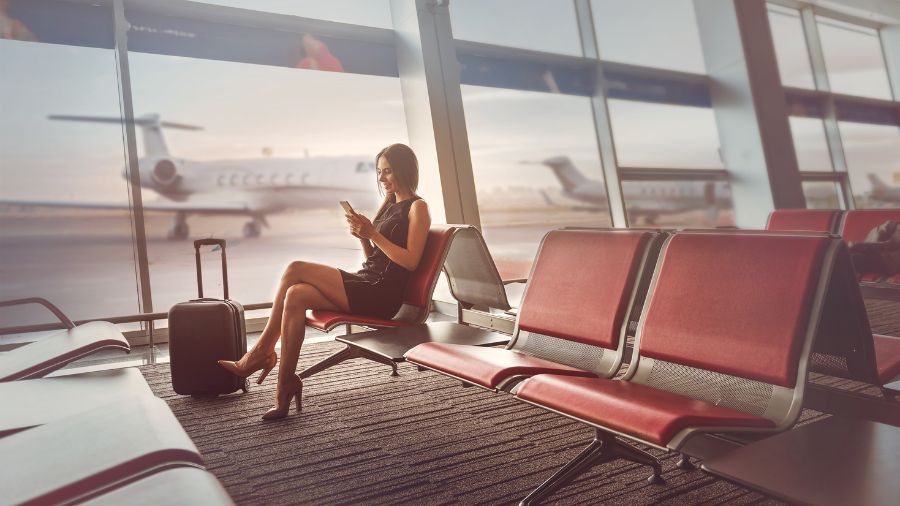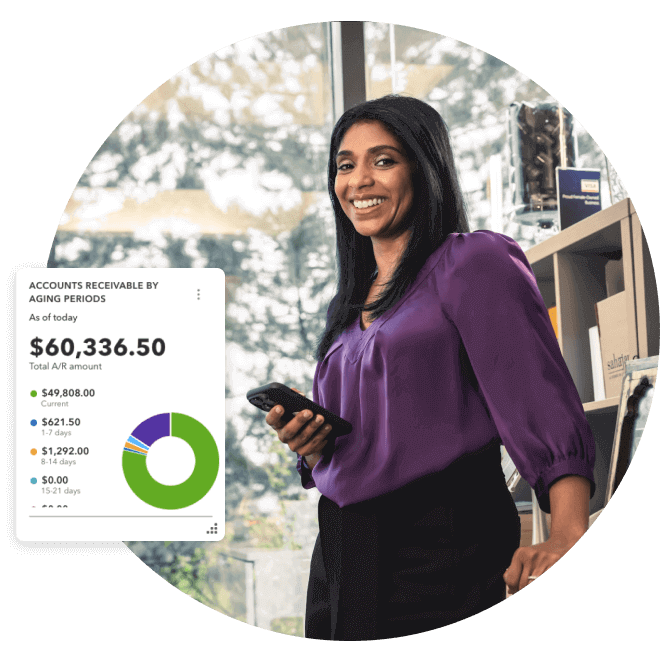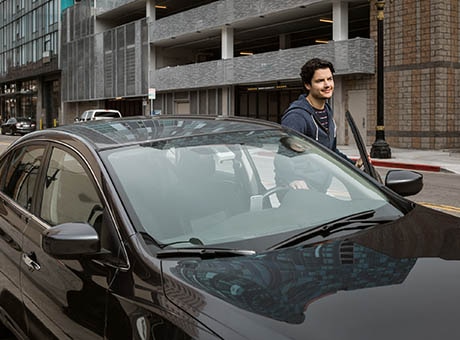
Business travel expenses: What you can deduct and how
Key Takeaways
What qualifies as business travel expenses?
What constitutes a business trip? Any travelling done with the intent of doing business can be considered tax-deductible. Such situations include flying abroad to broker a deal between your company and another, taking a train across the country to speak at a work conference, or driving to a supplier to pick up inventory in a city over or a province over. These expenses all qualify as work travel expenses, which can be deducted from your federal income taxes.
The qualifying factor of business trips is that the majority of the trip must be spent on work-related responsibilities. Flying to Europe for a week for a work convention and spending four out of the seven days at the convention, and three days exploring the city on your own is still considered travel for work.
However, if you spent three days at the convention and four days doing non-work related activities in the travel destination, this is considered a vacation and travel for pleasure. The expenses to and from the convention can still be regarded as tax-deductible, but the plane ticket itself is not.
The Canada Revenue Agency dictates what can and cannot be considered as tax-deductible travel expenses.
Commuting vs. travelling expenses
The deductibility of transportation expenses surrounding your vehicle will differ depending on the situation. Driving your car or taking public transportation to and from your place of work is considered commuting. Travel costs associated with every-day commuting aren't eligible for deductions on your returns.
Driving your vehicle from your work office to a client’s place of business, is, however, tax-deductible as travelling is considered ‘on the job’ travel. It is for business purposes other than commuting. In this instance, the mileage driven is deductible, not the car expenses itself. If you must use your vehicle for this purpose, then a mileage tracking app will help you keep tabs on the percentage you can deduct.
To help offset business-related vehicle costs, the CRA has increased tax-exempt mileage rates by two cents. In the provinces, the rate is now 72 cents per kilometre for the first 5,000 kilometres and 66 cents for each additional kilometre. In the territories, it's 76 cents for the first 5,000 kilometres and 70 cents per additional kilometre.
Allowable motor vehicle expenses
If you drive a vehicle for both personal and work use, you will need to track the usage of each to deduct the percentage of costs associated with the business-related responsibilities away from home. Suppose you drive 20,000 km in a tax year, with 10,000 km associated with work responsibilities. This means you can deduct 50% of the overall vehicle costs on your income returns.
A dedicated work car, on the other hand, is 100% deductible on your returns. If you own a fleet of cargo vans required for your business services, such as cabling services or home improvement, then everything from gas and mileage to routine upkeep services and insurance can be claimed back come tax time.
In this instance, cargo vans are a fundamental aspect of providing your services to the public and are considered allowable motor vehicle expenses. However, this is regarded as the operating cost of a business, not a travel expense. Learn more about writing-off motor vehicle expenses in such cases.
Top business travel expenses
The business expenses associated with travel include transportation, lodging, and food costs incurred while on a work trip. Tax deductions for travel expenses include but are not limited to:
- Airplane tickets
- Baggage fees
- Train tickets
- Rental cars
- Public transportation costs
- Uber and ridesharing services
- Hotel rooms and accommodations
- Business meals, food and beverages
- Convention expenses
- Road tolls
- Parking fees
Before booking and travelling for your next business trip, consider this information to save on travelling expenses and secure the proper deductions.
How to determine eligible deductions
For work-related travel expenses to count as deductible expenses, such costs must meet all criteria as dictated by the CRA:
- You are required to work away from your regular office and workspace.
- You have to pay your own travelling expenses, as stated under your contract of employment.
- Your work did not provide you with a non-taxable allowance for travelling expenses.
- As an employee, a copy of Form T2200 must be signed by your employer and kept in your records.
In the case of the business owner, or self-employed individual travelling for work, these expenses can still be written-off, but they must be accounted for on their personal income tax return.
Form T777, Statement of Employment Expense, should be filled in and attached to your tax return in order to enter a deduction claim to the CRA for such travel expenses.
Food and Beverages
According to the CRA, to be eligible for deductions on food and beverage while travelling, you must be away from your usual area of work for at least twelve consecutive hours. The highest deduction you can make on a business meal is 50% of the lesser of the two: the actual paid amount, and the reasonable amount given the circumstances.
It will not bode well for your deductions if you pay an excessive amount for a five-course meal at a five-star restaurant when a quick meal at the station before catching a train will do. But a nice meal out while entertaining clients before settling on a deal is a reasonable meal allowance.
Rental Vehicles
Many individuals rent a car during a business trip as their primary form of transportation. In this case, you can deduct the full cost of the rental as a business expense. Some people consider expensing the mileage of a rental car, rather than the entire cost of the rental, but that could lose you money when comparing the two claims.
Again, the rental costs must be reasonable for the situation to be tax-deductible. Don’t rent a luxury vehicle like a Porsche when a practical Toyota Corolla will do just fine to get you from the airport to your business meetings and hotel. If you go over the reasonable cost of such expenses, then the CRA can deny your tax claim, and you will be stuck with the whole cost of the rental.
Ensure you have an appropriate travel budget for when you are next out of town for work.
Where to claim travel expenses on tax returns?
Using Form T777, fill in line 9200 with your travel expenses, and attach it to your tax return file. On line 22900, enter the allowable amount of your employment expenses from the total expenses line on the same form.
Using QuickBooks to track travel expenses
If you travel for work, then an expense tracking app is a must. Consider using QuickBooks Online to help track expenses and ensure accurate mileage count for those travel deductions come tax season.
Download QuickBooks on your smartphone, and you can access this feature at any time, keeping track of all relevant travel costs to claim back what you can. Try it free today.
Frequently asked questions
Disclaimer
Money movement services are provided by Intuit Canada Payments Inc.
This content is for information purposes only and should not be considered legal, accounting or tax advice, or a substitute for obtaining such advice specific to your business. Additional information and exceptions may apply. Applicable laws may vary by region, province, state or locality. No assurance is given that the information is comprehensive in its coverage or that it is suitable in dealing with a customer’s particular situation. Intuit does not have any responsibility for updating or revising any information presented herein. Accordingly, the information provided should not be relied upon as a substitute for independent research. Intuit does not warrant that the material contained herein will continue to be accurate nor that it is completely free of errors when published. Readers should verify statements before relying on them.
We provide third-party links as a convenience and for informational purposes only. Intuit does not endorse or approve these products and services, or the opinions of these corporations or organizations or individuals. Intuit accepts no responsibility for the accuracy, legality, or content on these sites.



